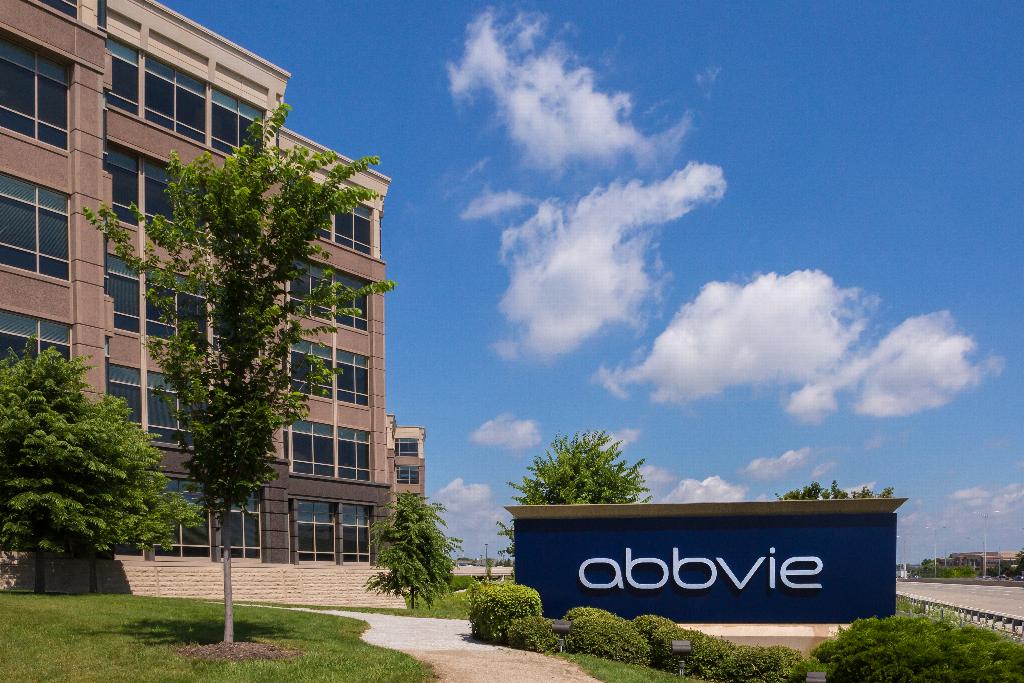AbbVie prices Rinvoq close to Humira after arthritis approval

AbbVie claimed FDA approval for its JAK inhibitor Rinvoq (upadacitinib) for rheumatoid arthritis on Friday, setting its price just a little below that of its antibody blockbuster Humira.
The once-daily oral drug got the go-ahead from the US regulator for adults with moderately-to-severely active RA who have had an inadequate response or intolerance to methotrexate.
AbbVie says it will charge $59,000 a year for the new drug, which according to clinical trials is more effective at treating RA than Humira (adalimumab), AbbVie’s $20 billion-a-year blockbuster and the biggest-selling drug in the world.
For comparison, treatment of RA with Humira – which requires regular injections – costs around $60,000 a year. Humira is starting to feel the effects of lower-cost biosimilar competition in some markets however, with sales falling for the first time in the second quarter of this year.
The FDA approval for upadacitinib was granted on the back of the SELECT phase 3 trial programme, which involved more than 4,400 patients and showed the selective JAK1 inhibitor was able to improve on anti-TNF drug Humira when it came to relieving the symptoms of RA.
Rinvoq isn’t the first JAK inhibitor to mount a challenge to TNF inhibitors like Humira in RA, but is the first to have data that clearly shows superiority on multiple endpoints, says AbbVie.
It will reach the market later this month with the task of taking on Pfizer’s first-to-market Xeljanz (tofacitinib) and Eli Lilly’s Olumiant (baricitinib), which are both approved for RA.
Last month, the FDA added a boxed warning to Xeljanz’ label for increased risk of potentially fatal blood clots, while Olumiant has been held back by approval only for a lower, less effective dose, as well as warnings for serious infections, cancer and blood clots on its label.
Rinvoq hasn’t sidestepped those concerns, and its label also warns of the blood clot risks. AbbVie has suggested this side effect of JAK inhibitors is recognised and manageable and shouldn’t be an obstacle for sales.
The company needs Rinvoq and another new immunology drug – recently-approved psoriasis therapy Skyrizi (risankizumab) – to help offset the expected declines in Humira sales once biosimilar competition arrives in the US market, currently expected in 2023.
By then, Rinvoq should be making upwards of $2 billion in sales, according to a recent analysis by Clarivate which put AbbVie’s drug behind Xeljanz with sales of around $3.3 billion in the same year – albeit before the latest warning label for Pfizer’s drug – and ahead of Olumiant. Clarivate also thinks IL-23 inhibitor Skyrizi will be making $1.7 billion by then.
There’s additional competition in the JAK category coming through the pipeline, however. Gilead and Galapagos are waiting for a regulatory verdict on their JAK inhibitor filgotinib in Europe, and are planning a US filing before the end of the year.
Meanwhile, Pfizer has a Xeljanz follow-up called abrocitinib that it thinks has sidestepped the blood clot issue with the class.













